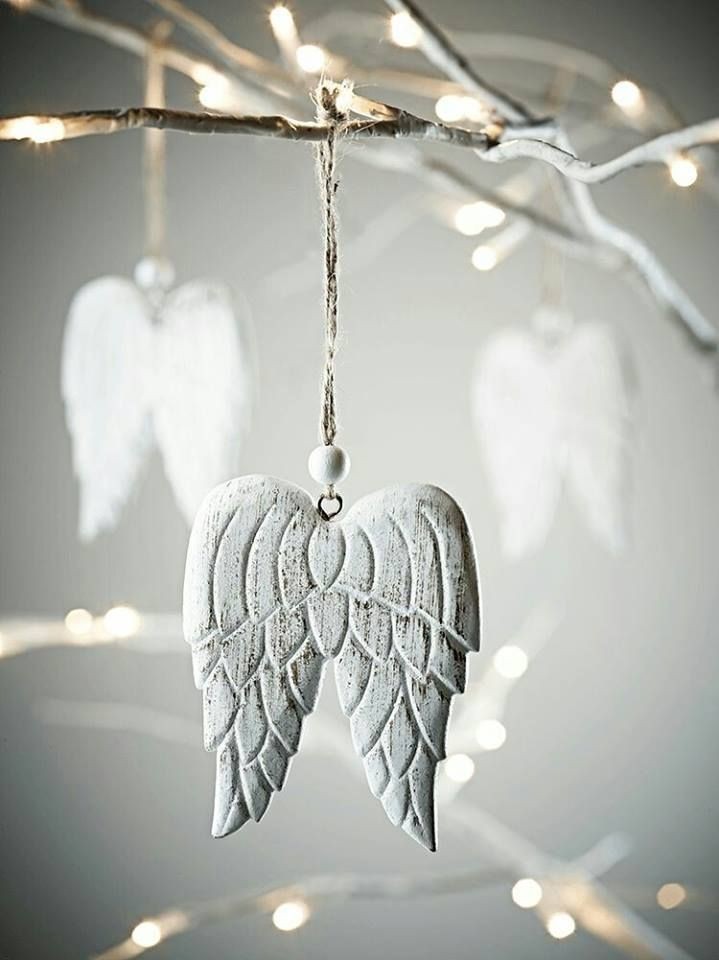The Healing Power of African Art: Exploring Mental Health Awareness
- Koöko Fleurs
- May 24, 2025
- 3 min read
Updated: Sep 21, 2025

Understanding the Connection Between Art and Mental Health
Art has long served as a medium for storytelling, cultural preservation, and emotional expression. In Africa, traditional and contemporary art forms significantly impact mental health awareness and healing. At Koöko Fleurs, we delve into the intersection of African art and mental health. Momaa’s insightful articles, "African Artists Addressing Mental Health Through Art", and "Art and Healing: African Art’s Role in Mental Health Awareness", align perfectly with this mission.
We explore these themes, recognizing the transformative power of African art in fostering emotional resilience. By addressing societal perceptions of mental health, art creates dialogue and understanding.
Traditional African Art and Its Healing Properties
The Role of Traditional Art
Momaa’s article on art and healing highlights the deep-rooted connection between traditional African art and mental well-being. Across various African cultures, art has been a vital component in rituals, ceremonies, and spiritual practices aimed at promoting psychological and emotional healing.
Masks, sculptures, and textiles often carry symbolic meanings, reflecting themes of protection, transformation, and communal support.
Examples of Traditional Healing Art
For instance, the Ngbaka people of the Democratic Republic of Congo create intricate masks representing powerful spirits. These masks are worn during ceremonies to ensure community welfare and protection. Similarly, the Bamana people of Mali produce Chiwara sculptures. These sculptures symbolize a mythical being that taught agriculture to humans, reinforcing the balance between nature and human life.
These artistic traditions serve as more than mere aesthetic expressions. They are tools that foster resilience, preserve cultural identity, and strengthen communal bonds.
Contemporary African Art: Advocating for Mental Health Awareness
Rise of Contemporary Artists
In recent years, contemporary African artists have emerged as powerful advocates for mental health awareness. Momaa’s article on African artists addressing mental health showcases how modern creatives use their work to challenge stigma and spark conversations about emotional well-being.
Impactful Contemporary Artists
Artists like Wangechi Mutu and Zanele Muholi incorporate themes of identity, trauma, and recovery into their work. They offer visual narratives that resonate deeply with audiences. Their art not only raises awareness but also provides a sense of solidarity for those struggling with mental health challenges.
Engaging with art can be therapeutic—whether as a creator or an observer. Artistic expression reduces stress, improves emotional resilience, and fosters a sense of belonging. This is particularly valuable in regions with limited mental health resources.
The Importance of Dialogue and Awareness in Art
Building Cultural Bridges
By combining insights from both Momaa articles, it’s clear that African art serves as a bridge between cultural heritage and contemporary struggles. Whether through traditional symbolism or modern narratives, artists continue to shape conversations around mental health. These conversations offer hope and healing through their work.
Encouraging Community Engagement
We encourage our readers to explore Momaa’s full articles below and join the discussion. At Koöko Fleurs, we continuously engage with these important topics. We highlight how African artistry influences mental health awareness.
Reflecting on Personal Experiences
How do you see art shaping mental health conversations in your own community? We invite you to reflect on your experiences and share your thoughts. Art serves as a powerful medium for fostering understanding and support around mental health.
Embracing the Role of Art in Mental Health
Art, in its many forms, challenges societal norms and cultivates awareness about mental health. As we’ve discussed, both traditional and contemporary African art play crucial roles in this dialogue. By embracing the healing power of art, we can foster resilience and support communities facing mental health challenges.
Let’s keep the dialogue going and explore how art can further shape mental health awareness.












Comments